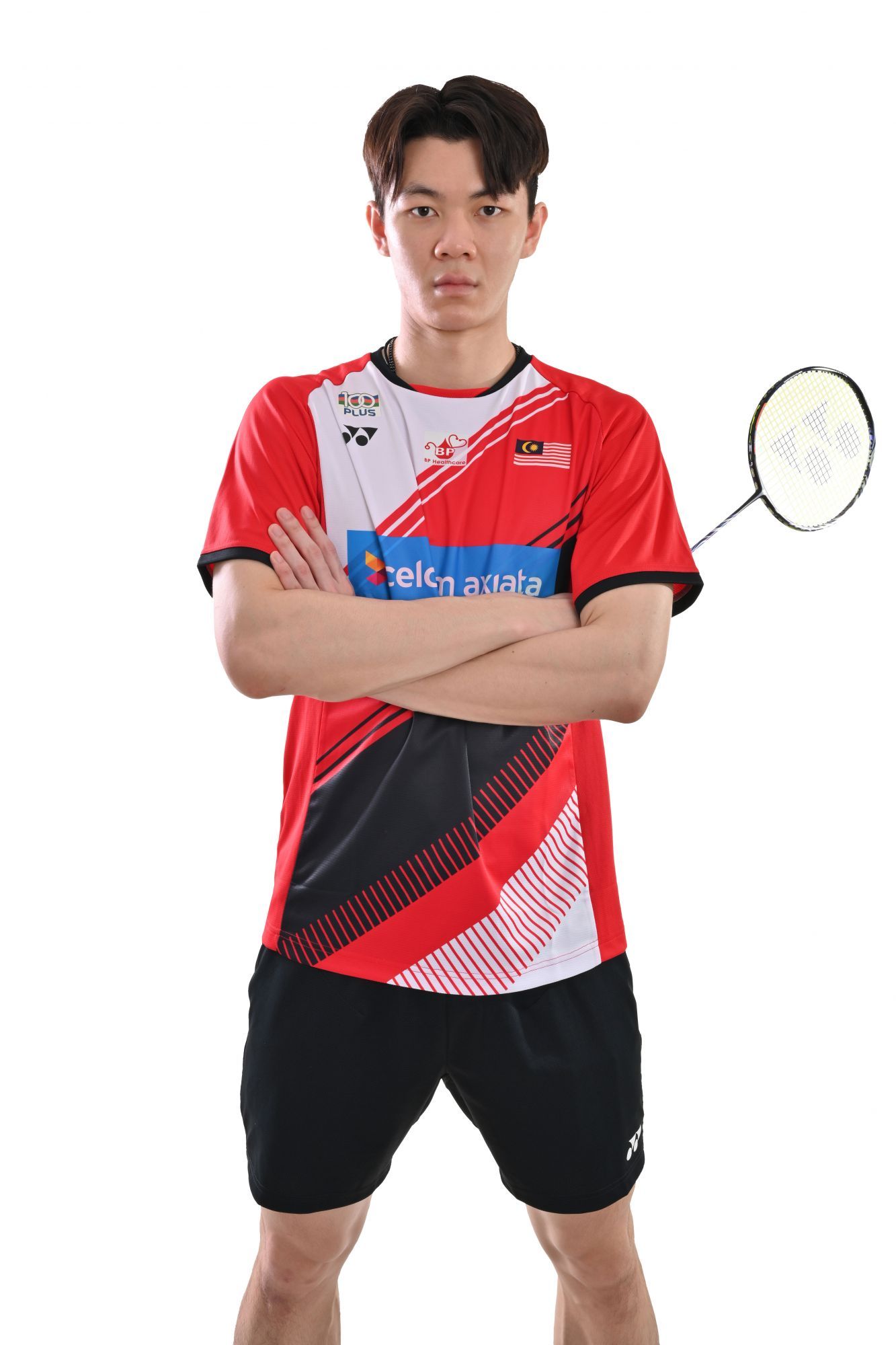TeaLive founder Bryan Loo's new venture Urban WallStreet streamlines the process of buying, selling and trading of sneakers
The Ready For Launch series asks questions of entrepreneurs to get the inside story behind a new startup or product launch.
The global sneaker market is currently valued at US$84 billion, and it is expected to grow to US$128 billion by 2027. Worldwide, sneakers have gone beyond their origins as sportswear to become a status symbol or fashion statement, with people spending thousands of dollars for the rarest and most exclusive kicks.
Bryan Loo, who is behind Malaysia's wildly successful bubble tea franchise, TeaLive, recounts how his own obsession with sneakers started when he was studying in Australia. "There were a couple of good locations in Melbourne where we got to pick on the last drops—or 'releases' in sneaker terms. When I came back to Malaysia, I continued the hobby of buying all sorts of streetwear apparel and sneakers."
As a consumer himself, he saw that there was no centralised place for sneaker collectors to buy and trade their shoes. Online transactions were often unregulated and risky, with most trades taking place on informal channels such as message boards, WhatsApp or Facebook groups. This led him to start Urban WallStreet with national badminton player and fellow Gen.T honouree Lee Zii Jia, to enable people to trade their genuine sneakers safely and securely.
Loo shares more about his latest venture here.
See also: Loob Holdings Founder Bryan Loo On 4 Things Every Entrepreneur Should Know

Please introduce Urban WallStreet.
Urban WallStreet is a sneaker and streetwear marketplace app that provides users access to a wide catalogue of streetwear, sneakers and collectables.
Who is your target customer?
We are not targeting the mass market. Our customers are individuals between their early 20s to late 30s, who are into fashion and streetwear. I would say the audience is split between those who are young and aspiring to grow their collection and people who are fashion-forward and want to stay updated with the latest trends.
How did the idea for Urban WallStreet come about?
I had the idea to start Urban WallStreet two years ago when I observed an issue plaguing the local sneaker community in Malaysia. I would think twice before buying a pair of sneakers online, as there was no way to authenticate that the product was genuine. This problem extended beyond sneakers and affected all streetwear products. Even if you were to use a reputable site like StockX to buy sneakers, the delivery cost would be too expensive and could run up to US$80 per delivery.
I decided to team up with Zii Jia, who happens to be an acquaintance from my hometown. We share a common interest in collecting streetwear and sneakers. And we knew that if we wanted to Urban WallStreet to be big, we needed his star power as a national athlete to represent the brand on both the local and international stage.
See also: This Singaporean Is Helping Vietnam's Micro-Entrepreneurs Build Digital Supermarkets
